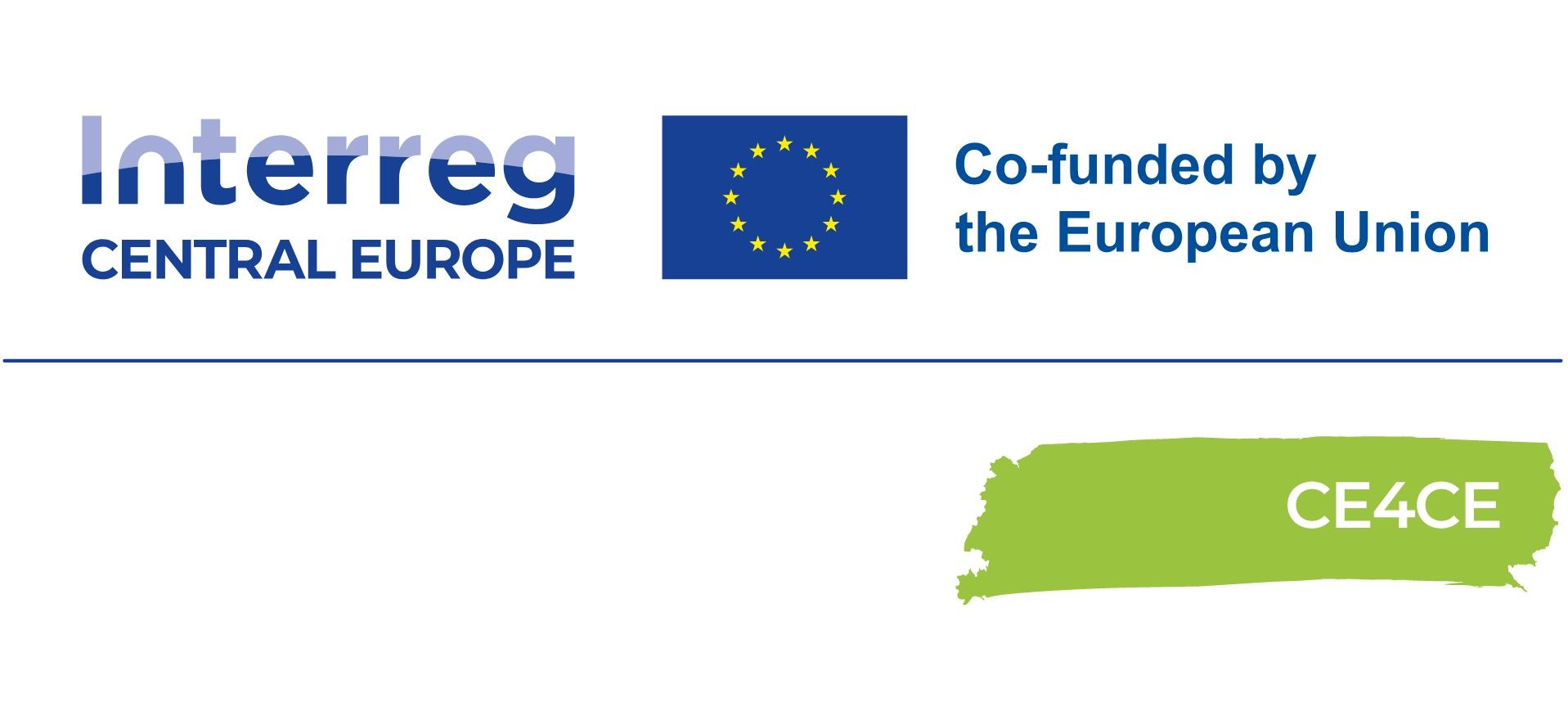
Public Transport Infrastructure in Central Europe – facilitate transitioning to circular economy – CE4CE
CE4CE aims at bringing circular economy principles into the public transport sector and, thus, reduce waste, increase efficiency in the sector and improve the ecological footprint of public transport. This challenge affects in particular local public authorities, infrastructure and (public) service providers, and actors along the whole value/supply chain of public transport systems in Central Europe.
Through CE4CE, the public transport sector shall be empowered towards a circular system thinking and, thus, to understand and identify circularity gaps, develop circular approaches, and to integrate these approaches into strategic frameworks for the development of circular public transport systems. Furthermore, stakeholders from the public transport community will cooperate in CE4CE to jointly develop and adapt processes and solutions as key enablers for the integration of circular economy principles, like data sharing concepts, new (innovation) procurement guidance, product- and business model designs, extended life-cycle assessment and cost-benefit analysis methodologies.
PKA will contribute to the development of the CE4CE Circular Public Transport Platform (WP1) by analysing circularity gaps on the level of the company (charging infrastructure, e-buses, and related energy flows), and co-designing & testing CE4CE Circularity Compass for public transport. PKA will organize a life cycle-actor consultation workshop, and test & validate the circularity compass within a plan game in its own organisation. In WP2, PKA co-creates and validates (by organizing a local workshop) the CE4CE transnational strategies to increase resource-efficiency in PT. PKA also develops, with support by University of Gdansk, an action plan to optimise delivery of infrastructure by cooperation and sharing (incl. best use of fast chargers and existing trolleybus infrastructure – belonging to PKA, local trolleybus operator) between public transport providers as update for the municipal strategy for electromobility. PKA also organizes a transnational workshop on business models for infrastructure-sharing. In WP3, PKA, together with University Gdansk and Kruch, develops and implements an assessment method to simulate circular scenarios for electrification upscaling along an identified e-corridor (incl. delivery optimisation of existing fast-charging, trolleybus infrastructures in different parts of the city), and further improves this pilot action into a transferable circular business planning tool for electrified PT fleets and infrastructure, based on peer-review and user-feedback.
Project budget: 2 738 030 Euro
ERDF funding: 2 190 424 Euro
Project duration 04.2023 - 03.2026